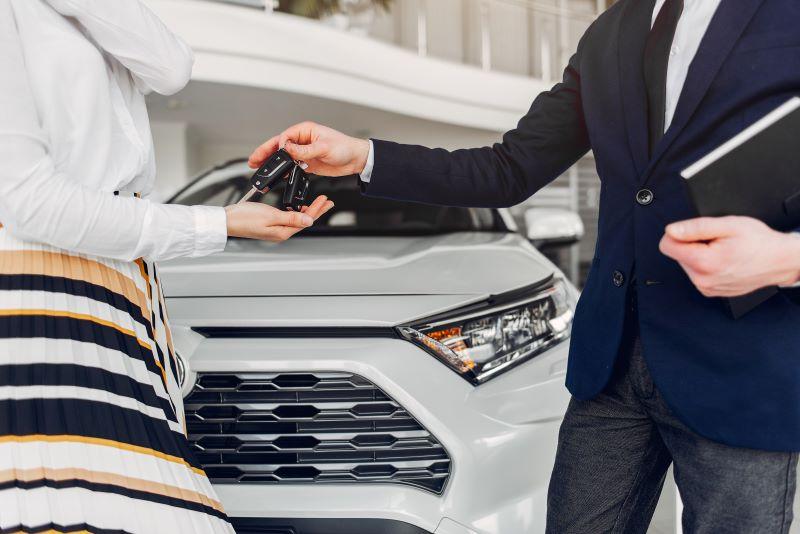Questions To Ask A Vendor Of A Used Car
3 Mins Read
Published on: 16 May 2022
Last Updated on: 05 September 2024

toc impalement
Buying a used car is a responsible step, and not to buy an attractive body with a dying engine and corroded thresholds, it is important to ask correct questions. The owner, who has more than one used car sale and purchase transaction, quickly recognizes an inexperienced buyer, so you should come to the meeting prepared.
First, thoroughly study the model you are going to buy — you should be aware of all the problems that drivers are facing while using a particular car model. You can find out about them using the VIN check service. With the help of a VIN code, you will be able to track a complete history of the car: mileage, accidents, the presence of traffic police restrictions, insurance data, customs history, technical details, and mistakes.
Carefully study the factory package, additional equipment, reviews, and specifications. For example, if the model under consideration was equipped with leather seats in the cabin, and you see the fabric ones in front of you, this is a reason to ask the car seller a question.
If on the web, auto portals, and blogs, they write that the model you have chosen consumes too much oil, and the owner claims that he/she adds new oil every 10,000 miles, then think about what is wrong with the car, mileage, or seller.
Also, When buying a used car, especially from a reputable used car dealer in fort myers, check the date of manufacture and sale. The answers to most questions will most likely not be reliable, but you can recognize this if you are prepared and savvy.
Questions to ask a used car vendor
Here are the most essential questions you need to ask the seller of a vehicle under consideration:
- Is the seller the first owner of the car? If so, then this person should have all the necessary documents available.
- What is the year of manufacture of the car? Often, cars released from the assembly line in the summer are sold by dealers as early as the beginning of the next year. Dishonest sellers can speculate on this difference in their favor by indicating in the ad the date of purchase of the car, and not the actual year of production. When buying a used car, check the date of manufacture and sale. This will allow you to find out more information about the car: manufacturer reviews due to design flaws, improvements compared to previous models, equipment, and features that may change for car brands annually.
- How was the car used? Has the seller traveled between home, kindergarten, shop, and work? Or does the owner drive several hundred kilometers every day because of living in the suburbs and working in the city?
Has the car been in an accident?
It is one of the most essential questions. If yes, it is necessary to find out more details. Any collision (even with a flower bed) leaves a mark on the car — be it a bent license plate or broken body geometry. It is hard to believe that a 10-year-old car has never even gotten into minor accidents, not through the fault of the seller. Meticulously ask the owner about each bump. A seemingly harmless collision in a traffic jam at low speeds without visible damage from the outside can hide serious problems inside: a broken mechanism for opening and closing the trunk or a broken probe under the hood.
If you hesitate whether you can determine the lies of the vendor, look for professional assistance. It is cheaper to pay for help than to repair a broken vehicle sold at a high price.


















Comments Are Closed For This Article